Occupation and Liberation of Paris
Have you ever pondered the intricate web of strategies and events that unfolded during the occupation and liberation of Paris in World War II?
The notion that Paris was liberated by the French Resistance alone might be a bit more complex than commonly believed. The multifaceted layers of collaboration, resistance, and international dynamics intertwined during this tumultuous period paint a picture that challenges conventional narratives.
As the details unravel, a richer tapestry of courage, sacrifice, and strategic maneuvers emerges, shedding light on a lesser-known aspect of this historical chapter.
Key Points

- The Nazi occupation imposed restrictions and control on Paris, leading to resistance.
- Paris’ liberation in 1944 showcased French resilience and the crucial role of the resistance.
- The occupation and liberation were pivotal in WWII, impacting war strategies and morale.
- Leadership, collaboration, and urban warfare tactics were essential in shaping the historic event.
Historical Background
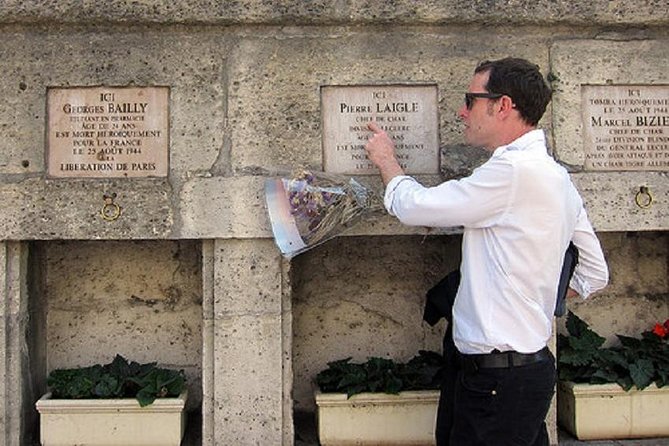
During the years 1940 to 1944, Paris witnessed a significant historical event known as the Occupation and Liberation of Paris, which had a profound impact on World War II and French history.
The Nazi occupation of Paris in 1940 led to a period of oppression and control over the city by German forces. During this time, the French resistance emerged, comprised of various groups and individuals who opposed the occupation through acts of sabotage, espionage, and underground activities.
The French resistance played a crucial role in preparing the way for the eventual liberation of Paris in 1944. Their bravery and determination in the face of adversity symbolize the resilience of the French people during one of the darkest periods in their history.
Occupation of Paris
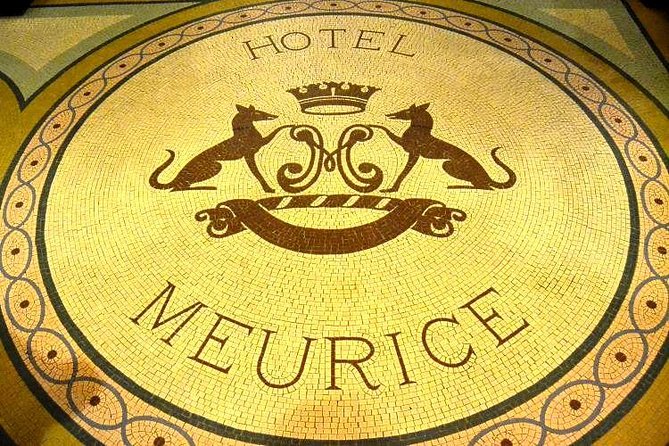
The Nazi occupation of Paris in 1940 marked a dark period of oppression and control over the city by German forces, setting the stage for the emergence of the French resistance. During this time, the Nazis established a regime that aimed to enforce their authority and ideology over the French population, leading to widespread fear and restrictions on daily life.
The occupation saw the implementation of harsh measures, including curfews, censorship, and forced labor, further fueling resentment among the French people. Despite the challenging circumstances, the French resistance began to organize clandestine activities, acts of sabotage, and underground publications to resist the occupiers.
This period of occupation was crucial in shaping the later efforts towards liberation and rebuilding of Paris.
Liberation of Paris
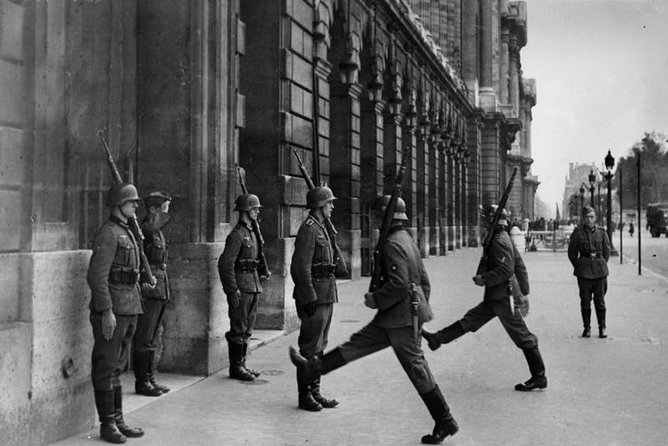
Following years of Nazi occupation, Paris experienced a transformative moment with its liberation in 1944.
The French resistance played a crucial role in the city’s liberation, showcasing the bravery and determination of those fighting against the oppressive forces.
The liberation of Paris marked a significant turning point in World War II, demonstrating the resilience of the French people and their unwavering commitment to freedom.
The end of the Nazi occupation brought a sense of relief and hope to the citizens of Paris, symbolizing the beginning of a new chapter in the city’s history.
The streets filled with joyous celebrations as Parisians reclaimed their city, illustrating the power of unity and resistance against tyranny.
Impact on World War II
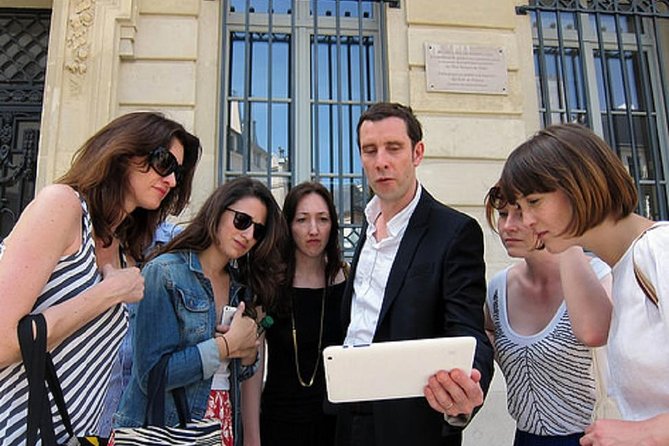
In the annals of World War II history, the occupation and liberation of Paris stands as a pivotal event that left an indelible mark on the course of the war.
The impact on World War II was profound, influencing war strategies and military tactics on both sides. The German occupation of Paris in 1940 allowed them to establish a strategic stronghold in Western Europe, affecting the Allies’ plans.
However, the liberation of Paris in 1944 boosted the morale of the French resistance and provided a significant turning point in the war. The military tactics employed during the liberation highlighted the importance of urban warfare and coordination between different Allied forces, showcasing the adaptability and resilience needed in such conflicts.
Key Figures Involved
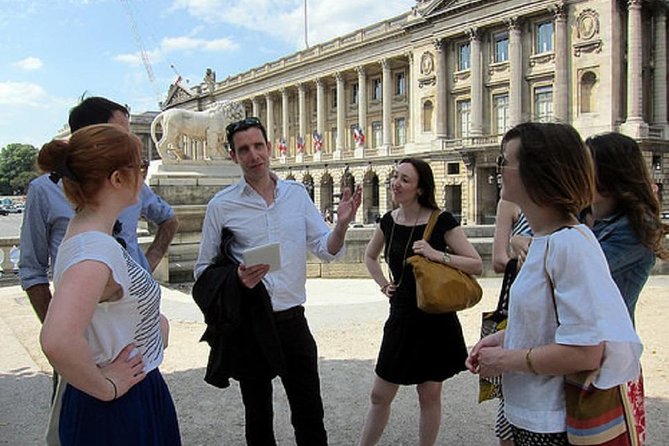
Amidst the tumult of World War II’s occupation and liberation of Paris, notable figures emerged who played pivotal roles in shaping the outcome of this historic event. These key figures included:
-
Charles de Gaulle: Known for his leadership of the Free French Forces, de Gaulle symbolized the spirit of resistance and led collaborative efforts to liberate Paris.
-
Jean Moulin: A prominent figure in the French Resistance movements, Moulin worked tirelessly to unify different resistance groups and coordinate their actions against the German occupation.
-
Jacques Chirac: As a young man during the occupation, Chirac joined the French Resistance and later became a significant political figure, showcasing the importance of individual resistance in the collective struggle for liberation.
Dates of the Events
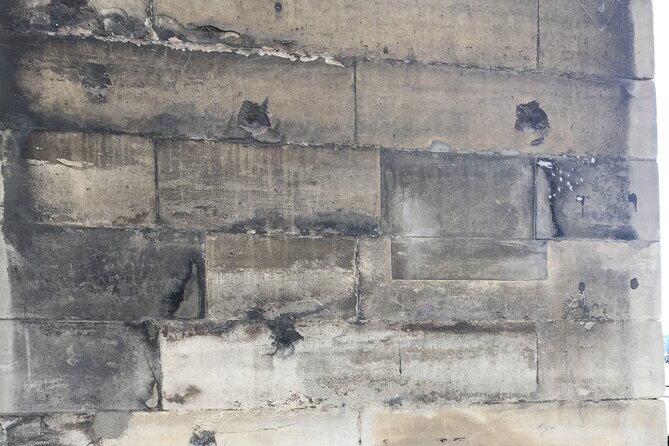
During the years 1940 to 1944, the Occupation and Liberation of Paris unfolded, marking a significant chapter in World War II history. The events began when German forces occupied Paris in June 1940, leading to a period of hardship and oppression for the city’s residents. The French resistance gradually gained strength, culminating in the Liberation of Paris in August 1944, as Allied forces entered the city, liberating it from Nazi control. The table below provides a concise overview of the key dates related to the Occupation and Liberation of Paris:
| Event | Date | Description |
|---|---|---|
| German Occupation | June 1940 | German forces occupy Paris, beginning a dark period |
| Liberation of Paris | August 1944 | Paris is liberated by the French resistance and Allies |
Significance in French History
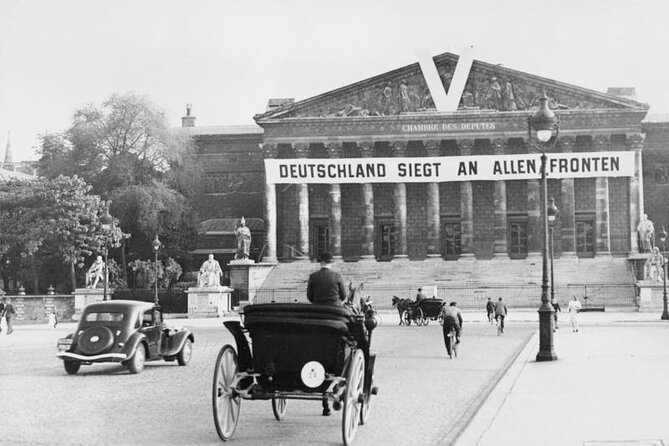
The Occupation and Liberation of Paris holds a profound significance in French history, shaping the nation’s resilience and spirit during World War II.
- The French resistance movement showcased the unwavering determination of the people to fight against oppression.
- The events paved the way for France’s post-war recovery, highlighting the country’s ability to rebuild and move forward after facing immense challenges.
- The liberation of Paris symbolized a crucial turning point in the war, demonstrating the power of unity and courage in overcoming adversity.
These historical moments not only impacted the course of World War II but also left a lasting mark on French society, inspiring future generations to uphold the values of freedom and resistance.
Last Words and Legacy
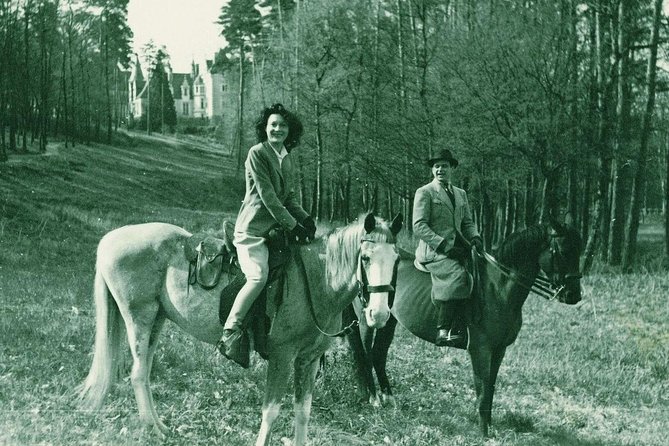
Reflecting on the Occupation and Liberation of Paris reveals a legacy of resilience and unity that continues to inspire generations. The aftermath of these significant events left an indelible mark on French history and the world. The courage displayed by the Parisian people during the occupation and their unwavering spirit during the liberation showcased the strength of the human will in the face of adversity. This legacy serves as a reminder of the importance of standing up for freedom and democracy in the darkest of times. The unity forged among the French resistance fighters and the support they received from the Allied forces exemplified the power of collaboration in overcoming tyranny.
| Legacy | Aftermath |
|---|---|
| Resilience | Indelible mark on history |
| Unity | Courage and spirit |
| Inspiration | Strength and unity |
Common questions
What Were the Reactions of the Parisian Population During the Occupation of Paris?
During the occupation of Paris, the Parisian population showed a mix of fear, defiance, and resilience. Some supported the Resistance movements, while others adapted to survive. The Liberation had a profound impact on restoring hope and freedom.
Were There Any Resistance Movements in Paris During the Occupation?
During the occupation of Paris, resistance movements and underground networks flourished. Brave individuals banded together to defy the oppressors and fight for freedom. Their covert actions and sacrifices played a crucial role in challenging the enemy forces.
How Did the Liberation of Paris Impact the Overall Outcome of World War Ii?
The liberation of Paris profoundly impacted the outcome of World War II. The Parisian uprising boosted morale among the Allies, symbolizing a significant turning point in the war’s progress and ultimately contributing to the Allies’ eventual victory.
Were There Any Specific Battles or Key Events That Led to the Liberation of Paris?
Key events leading to the Liberation of Paris included the Battle of Paris and Parisian resistance. The French government played a crucial role. Liberation celebrations marked the end of German occupation, impacting both World War II and French history.
What Was the Role of the French Government in Exile During the Occupation and Liberation of Paris?
During the Occupation and Liberation of Paris, the French government in exile played a crucial role in coordinating resistance efforts, providing leadership, and rallying support for the liberation cause. Their determination and strategic decisions contributed significantly to the eventual liberation of Paris.
Last Words
To sum it up, the occupation and liberation of Paris during World War II was a defining moment that showcased the resilience and bravery of the French people. Through their resistance efforts and eventual liberation, Parisians demonstrated the power of unity and determination in the face of adversity.
This historical event not only shaped the course of the war but also left a lasting impact on French society, highlighting the triumph of the human spirit in the midst of conflict.